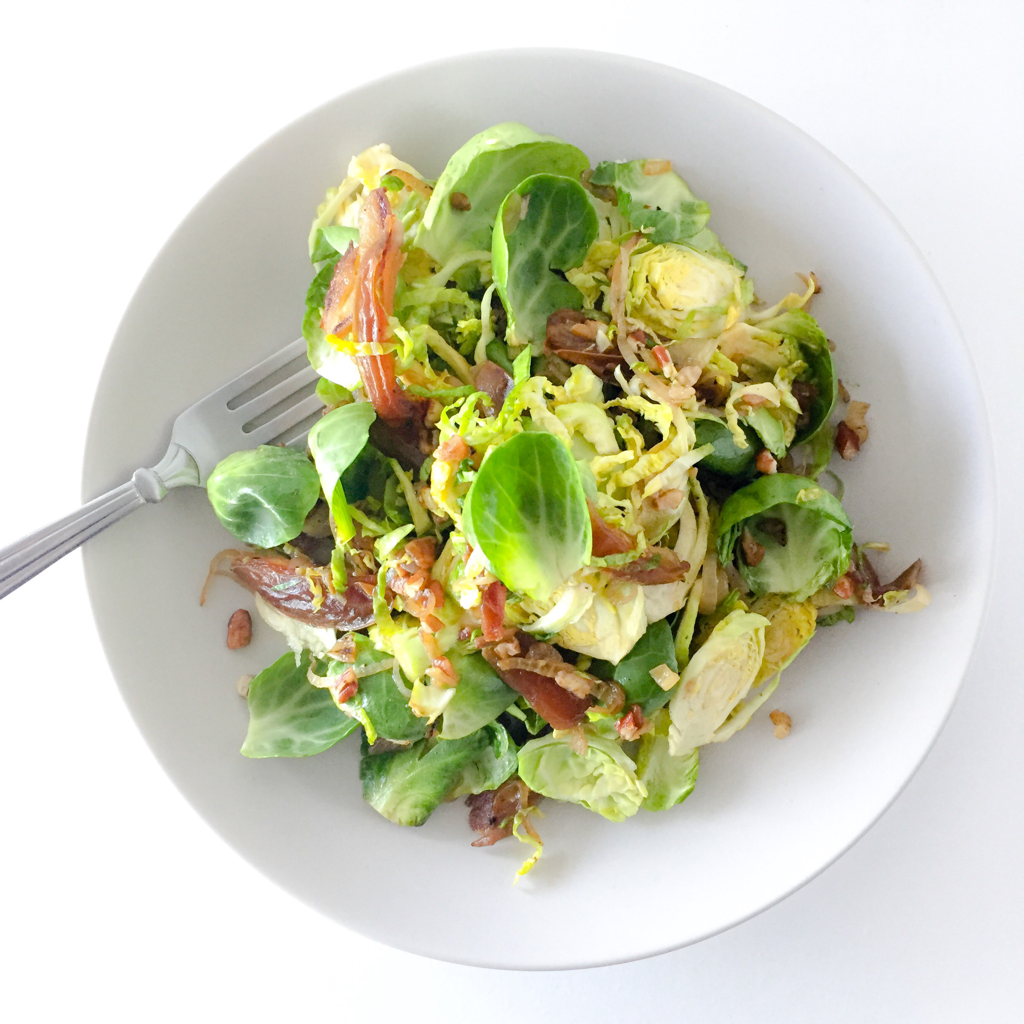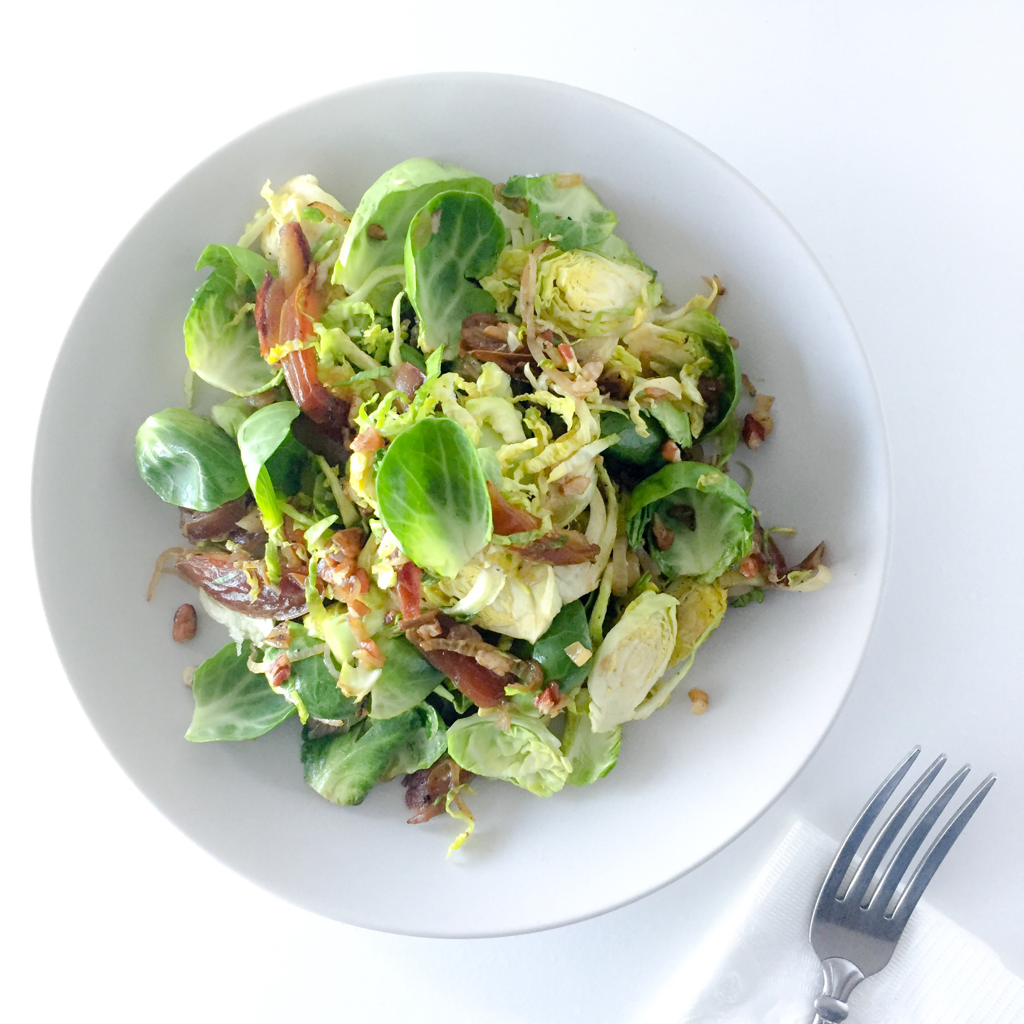Brussel sprouts are one of those foods that can be wonderful in the hands of a good cook, or stomach turning in those of a bad one. And once ruined, the desire to ever want to eat them again rarely returns. So I'm here to show you (and remind myself) of how tasty this vegetable can be when prepared well. Using fresh over frozen sprouts is preferable. Frozen sprouts are already cooked, making it all too easy to overcook them during the reheating process, causing a compound called sulforaphane to be released which emits that terrible odor. To get the most flavor out of this cruciferous vegetable, it is best to season with salt, pepper and a little sweetness. This will reduce any bitterness. Acids such as lemon juice and vinegar also work well.
Let's go through a quick rundown of how Brussels sprouts can improve your health:
- When eaten daily, they release a team of multi-taskers, meaning the compounds they contain work synergistically to prevent many chronic diseases such as colon, lung, oral and reproductive cancers, macular degeneration, heart disease, inflammation and oxidative stress which accelerate the aging process. Studies show that in some cases, these compounds may reverse diseases that are already present.
- They contain a long list of essential micronutrients in abundance, such as: Vitamin K - helps with blood coagulation and calcium absorption, Vitamin A - strengthens the immune system and maintains healthy vision, Vitamin C - used to grow and repair all parts of the body including bones, cartilage, tissue and skin, Potassium - regulates sodium levels, among many others.
- The macronutrient content is substantial enough to help curb the appetite with nearly 9 grams of carbohydrates, 3 grams of protein and 3 grams of fiber per serving, with no fat or cholesterol to adversely affect your calorie intake or overall health. This is particularly useful for weight management.
This recipe could not be easier! Be sure to choose bright green, tightly compact sprouts for a fresher presentation. Leftovers store well for a few days in the fridge, and can be transformed into a beautiful side dish by lightly sautéing or roasting. The dressing is akin to a honey mustard sauce, but with the tahini and Medjool dates, has a bit more depth of flavor.
To those who regularly visit this blog, expect the posts to become more frequent now. Slowly, I'm getting back to it as I wrap up the side project I've been immersed in for the past year and return to normal life. I describe this project in more detail in my last post {Vegan} Raspberry Rice Krispie Treats for those who haven't a clue what I'm referring to. Also, be sure to look for me here: Instagram - Pinterest - Foodgawker
Salad:
10 Brussels sprouts
1 tablespoon olive oil
2 medium shallots, sliced thin
5 Medjool dates, pitted and sliced lengthwise
salt and pepper, to taste
4 tablespoons crushed pecans, optional*
Dressing:
5 Medjool dates, pitted
1 tablespoon tahini
1/2 teaspoon Dijon mustard
1 tablespoon white balsamic vinegar
1/8 cup olive oil
3-4 tablespoons hot water
salt and pepper, to taste
Directions:
Peel off any loose leaves, then thinly slice each of the Brussels sprouts. Place in a bowl and set aside.
In a sauté pan, heat the oil over medium-high. Cook the shallots, stirring frequently until lightly browned. Add the dates, salt and pepper and continue cooking for another minute. Remove from heat and toss with the Brussels sprouts.
To make the dressing, add all of the ingredients to a blender, pureeing until smooth. When ready to serve, spoon the dressing onto the salad, tossing until lightly coated. Sprinkle with pecans, if using.
Yield: 2-4 servings




 RSS Feed
RSS Feed